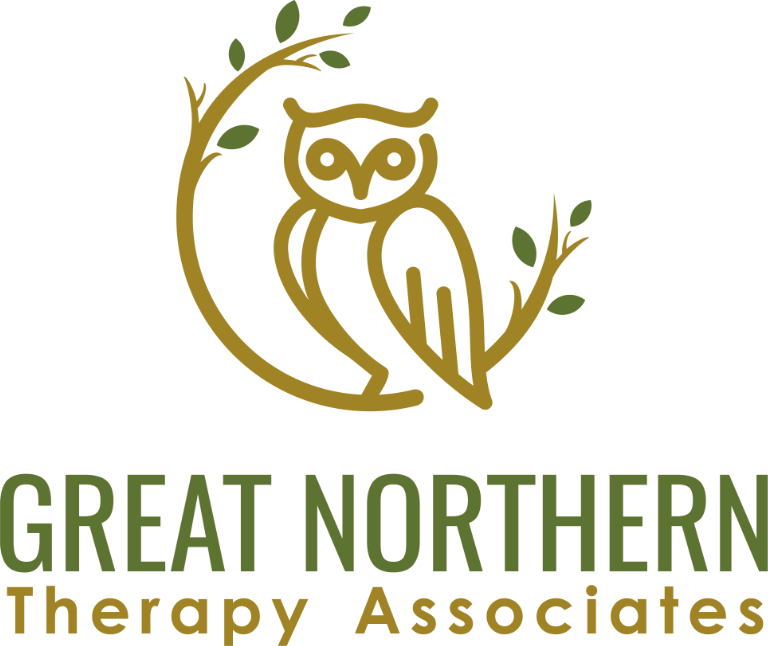Maintaining Harmony by Processing Disagreements
Workplace conflicts are an inevitable aspect of professional life. With diverse personalities, work styles, and perspectives, disagreements can arise in any organization. However, addressing these conflicts is crucial for maintaining a healthy and productive work environment. Unresolved issues can lead to diminished morale, reduced productivity, and increased turnover, ultimately impacting the organization’s success. Recognizing the importance of conflict resolution and striving to transform workplace disputes into opportunities for growth and positive outcomes is essential.
By addressing conflicts proactively and effectively, team members can develop a deeper understanding of one another, foster stronger relationships, and improve collaboration. Resolving disagreements can also lead to innovative ideas and solutions, driving the organization forward. In essence, conflict resolution holds the potential to turn discord into harmony, enhancing the overall work experience for all involved. Thus, it is vital for both employees and management to develop the skills and strategies necessary to navigate workplace conflicts and emerge stronger and more unified.
Unraveling Disputes: Recognizing the Root Causes of Workplace Conflicts
Effectively addressing workplace conflicts begins with identifying their root causes. By understanding the underlying factors contributing to disagreements, we can tailor our approach to conflict resolution and foster a more harmonious work environment. Some of the most common causes of workplace conflicts are:
- Communication breakdowns: Improve communication channels and promote transparency to reduce misunderstandings and unclear expectations.
- Personality clashes: Respect and appreciate diverse perspectives, understanding that different opinions and values exist.
- Differing work styles: Acknowledge and accommodate various work styles to promote harmony and productivity among team members.
- Competition and power struggles: Establish clear roles, responsibilities, and expectations, fostering a culture of collaboration rather than rivalry.
We can cultivate a more positive and productive workplace by identifying and addressing the root causes of conflicts.
The Art of Understanding: Active Listening and Empathy in Conflict Resolution
In the process of resolving workplace conflicts, active listening and empathy play pivotal roles. Active listening involves giving undivided attention to all parties, ensuring everyone feels heard and understood. Active listening fosters an environment of trust and cooperation by asking open-ended questions, reflecting on the speaker’s thoughts, and summarizing key points. This approach demonstrates a genuine interest in understanding the concerns of others and lays the foundation for effective conflict resolution.
Empathy complements active listening, as it involves putting oneself in another person’s shoes to understand their emotions, motivations, and perspectives. Developing empathy allows for a more comprehensive understanding of the situation and helps to bridge gaps between differing viewpoints. By cultivating empathy, we can approach conflicts with an open mind, recognizing that each person’s perspective holds value. By combining active listening and empathy, we create a supportive atmosphere in which conflicts can be resolved constructively and harmoniously, ultimately leading to stronger workplace relationships and enhanced collaboration.
Solutions at Work: Effective Problem-solving Techniques for Conflict Resolution
In the quest to resolve workplace conflicts, effective problem-solving techniques serve as valuable tools for navigating disagreements and finding mutually beneficial solutions. By fostering an atmosphere of open-mindedness, collaboration, and flexibility, we can tackle challenges head-on and transform workplace conflicts into opportunities for growth and understanding.
Implementing Problem-solving Techniques
Brainstorming Solutions:
- Encourage open-mindedness and creativity in generating ideas
- Invite input from all parties involved
- Prioritize the most feasible and mutually beneficial solutions
Collaborative Decision-making:
- Share responsibility in the decision-making process.
- Create an inclusive environment that values everyone’s input.
- Aim for a consensus that addresses the concerns of all parties.
Compromise and Negotiation:
- Recognize the need for flexibility and adaptability
- Understand the importance of finding a middle ground
- Balance the needs and interests of all parties involved
These problem-solving techniques allow workplace conflicts to be resolved effectively, resulting in a more cohesive and harmonious work environment.
From Discord to Harmony: Embracing Conflict Resolution for a Better Workplace
Addressing workplace conflicts offers a unique opportunity for growth and improvement within organizations. By embracing effective conflict resolution strategies, we can transform seemingly negative situations into positive outcomes that foster stronger relationships, enhance collaboration, and drive innovation. The potential for growth through conflict resolution serves as a powerful reminder of the importance of addressing disagreements in a proactive and constructive manner.
A healthier, more harmonious work environment is within reach when we commit to addressing workplace conflicts and implementing the necessary strategies to resolve them. By prioritizing open communication, active listening, empathy, and effective problem-solving techniques, we can create a workplace where everyone thrives and works together harmoniously, ultimately contributing to the success and well-being of the entire organization.
Great Northern Helps Injured Workers Recover
Great Northern Therapy Associates is your partner who can provide counseling services to injured workers. We have therapists throughout many states who can meet in person and via remote telehealth sessions to work with injured workers and develop an individualized plan to help them adjust and successfully return to work.
We have partnered with and provided mental health support to workers at some of the largest companies in the world. But, at our core, we are still “people taking care of people,” one person at a time. Contact us today by filling out a form (below), submitting a referral, or calling us at the number below.

